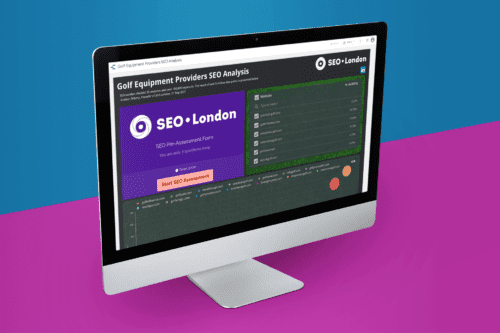What is Crawler
What is a Crawler for an SEO Knowledge Base Website?
A crawler, also known as a web spider, web robot, or simply a bot, is a software program that systematically navigates through the vast expanse of the World Wide Web, following links from one webpage to another. It is an essential component of search engine optimization (SEO) and plays a vital role in building a comprehensive index of web pages for search engines.
Crawlers are designed to automate the process of gathering information about websites, collecting data on their structure, content, and various other aspects that help search engines understand and rank them effectively. These bots are employed by search engines like Google, Bing, Yahoo, and others to discover, analyze, and index webpages, enabling users to find relevant information through search queries.
How Do Crawlers Work?
Crawlers start their journey by accessing a specific webpage or a list of URLs provided by the search engine. They then extract the content and follow every hyperlink they encounter, recursively exploring subsequent pages. When a crawler arrives at a new webpage, it extracts information such as the HTML source code, text content, images, metadata, and links found within that page.
The crawler also records valuable data about each page it visits, such as the page\’s title, URL, date of discovery, and the number of inbound and outbound links. This information allows search engines to understand the relationships between pages on the web, the popularity and relevance of specific pages, and the overall structure of the internet.
The Importance of Crawlers in SEO
Crawlers play a crucial role in SEO as they enable search engines to create comprehensive indexes of web content. By systematically crawling and analyzing webpages, search engines can determine how relevant and valuable a particular webpage is for specific search queries. This process is fundamental for search engines to deliver accurate and helpful search results to users.
Crawlers help search engines discover new webpages, index them, and update their existing indexes. Without crawlers, search engines would struggle to keep up with the ever-expanding web, and finding relevant information would be a tedious and time-consuming task.
Furthermore, by regularly crawling webpages, search engines can identify changes and updates made to websites. This allows search engines to keep their indexes up to date and provide users with the most recent information available. For website owners and SEO professionals, understanding how crawlers work and optimizing their websites to be more crawler-friendly is essential for achieving better search engine rankings.
Best Practices for Optimizing Websites for Crawlers
To ensure that crawlers can effectively discover and index your website, it is crucial to follow some best practices for crawler optimization. Here are a few key tips:
1. Ensure crawlability: Make sure that your website\’s pages are accessible to crawlers by avoiding any barriers like broken links, dead-end navigation, or inaccessible content behind forms or login screens. A sitemap.xml file can help guide crawlers and provide a clear structure of your website.
2. Optimize page load speed: Crawlers consider page load speed as an important ranking factor. Optimize your website\’s performance by minimizing code and image sizes, leveraging caching mechanisms, and employing content delivery networks (CDNs).
3. Create quality content: Crawlers analyze the content of your webpages to understand their relevance. Create high-quality, unique, and informative content that incorporates relevant keywords strategically. Ensure proper HTML markup for headings, paragraphs, and other structural elements.
4. Build a strong internal linking structure: Internal links help crawlers navigate through your website and establish connections between various pages. Ensure a logical and well-structured internal linking system that allows crawlers to discover and understand the relationships between your content.
5. Use descriptive metadata: Meta tags, such as title and description tags, provide valuable information to crawlers and search engines. Craft unique and descriptive metadata for each page, including relevant keywords to enhance visibility in search results.
By following these practices, website owners can improve their website\’s visibility and accessibility to crawlers, increasing the chances of being effectively indexed and ranked by search engines.
In conclusion, a crawler is a software program that systematically explores the web, following links and collecting data about webpages. It is a critical component of SEO, enabling search engines to create comprehensive indexes of web content. Understanding how crawlers work and optimizing websites to be more crawler-friendly is essential for better search engine rankings and increasing online visibility.


